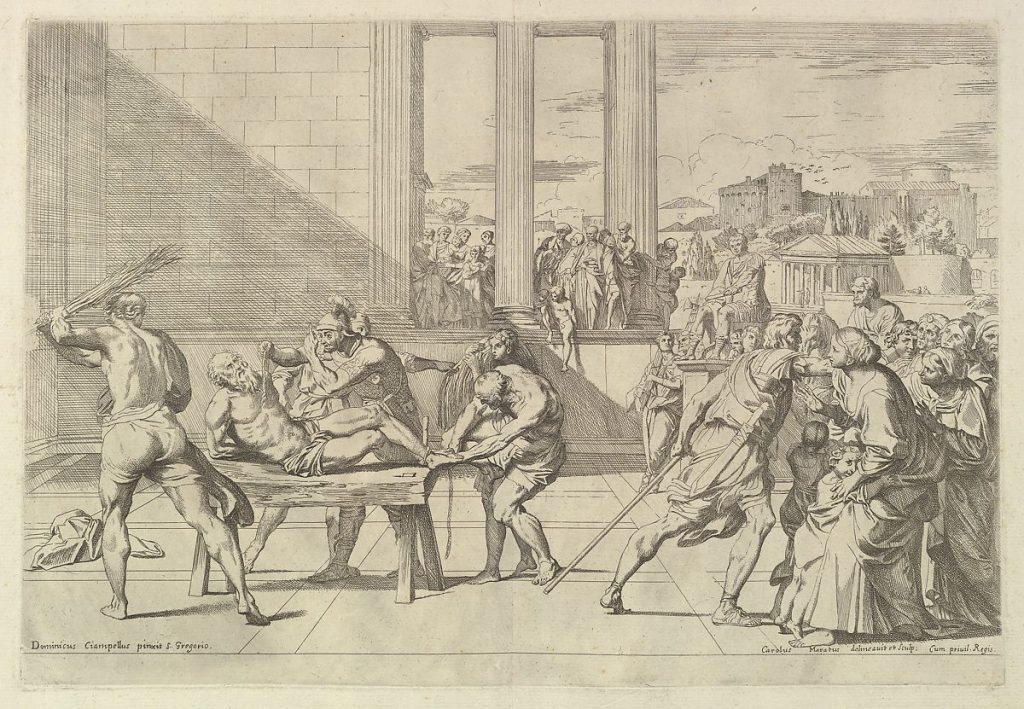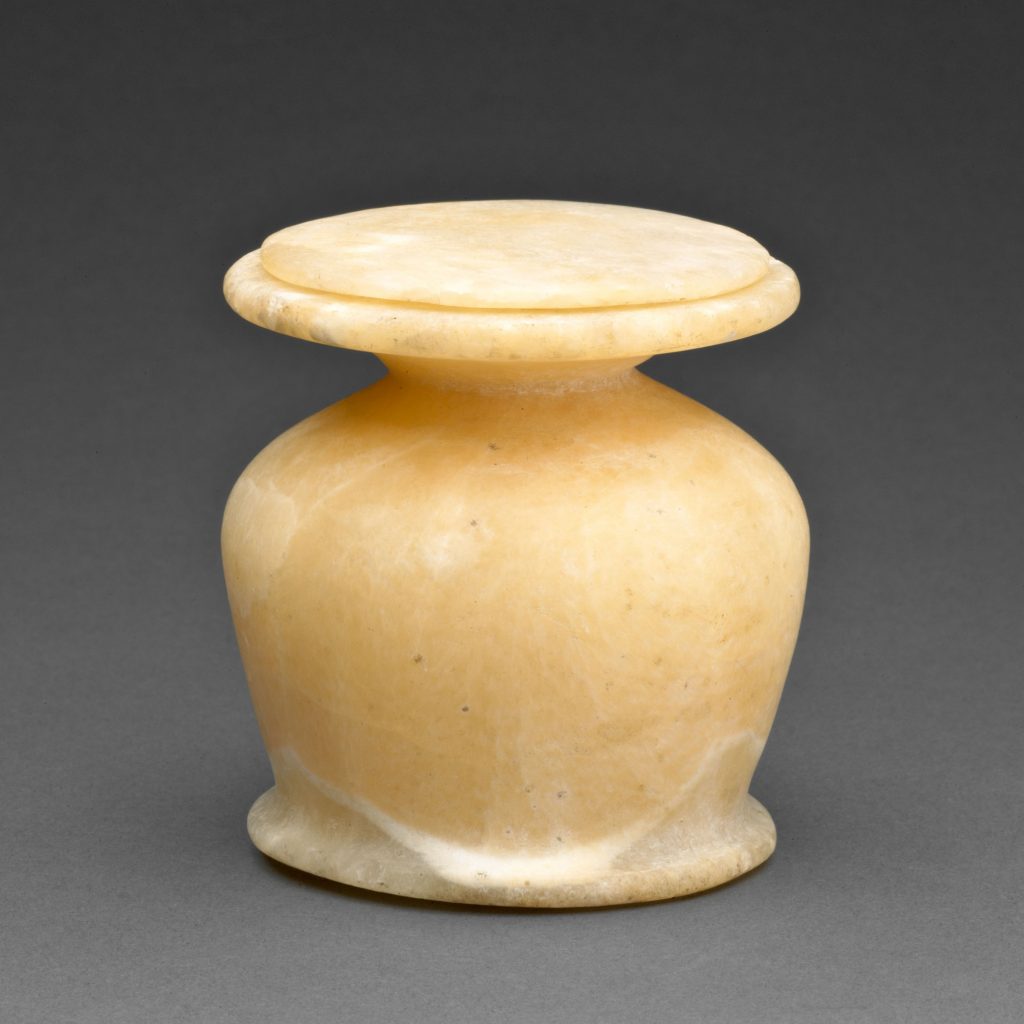Podcast: Play in new window | Download (Duration: 58:37 — 81.2MB) | Embed
Subscribe: Apple Podcasts | More

This is how we all envision the mighty King David but Psalm 56 gives us another view.
Image in the Public Domain
What Time I am Afraid…
We’ve all heard stories of men and women who seem to bravely and unhesitatingly face incredible and, sometimes, terrifying situations. We love to say that they’re “fearless”. But is “fearless” even possible? Looking up the word “fearless” in the dictionary yields such expected definitions as “free from fear” or “without fear”. Yes, we will encourage and/or embolden and/or strengthen one another by saying “be not afraid”. Psychologists try to give us “the formula for living without fear”. You may have even read on a church billboard that God promises freedom from fear. Well, God doesn’t actually take away fear but, instead, He prepares you for it. He doesn’t isolate you from fear, He carries you through it.
Scientists love to point out that the numbers of people claiming to be religious or even believing in God are dropping. They get all giddy when survey after survey shows that people have become increasingly uninterested in going to church. Science feels vindicated by these trends. The intelligentsia have claimed that they’ve been saying all along that people only turn to religion when times are bad and that now that science and government have it all figured out, people don’t feel they need God anymore. As long as they have science and government then what could possibly go wrong? “Thanks to us,” they say…”they” being either science or government, take your pick. “Thanks to us,” they say, “people are happy and they don’t need church. The citizens of the world have awoken and don’t go for those religious fables anymore. After all, they don’t need them. They have us. God doesn’t love them. We do. God doesn’t take care of them. We (science and/or government) do.” Karl Marx once famously said “religion is the opiate of the masses.” Nowadays, it’s seems to me, that science and government…and ACTUAL opiates (created by science and permitted by government) are the opiates of the masses. Science and government and chemical dependence have become the favored vehicle of happiness, of late. That’s the new religion that, by the way, Karl Marx would be very proud of. Now, don’t get me wrong. I’m no anarchist nor do I advocate ignorance. I believe in order and knowledge but I just believe that neither science nor government (nor chemistry) has as many answers as they think they do…certainly not as much as they say they do. Religious expression may be dropping but it’s not because people are all of the sudden happy and well-adjusted. In fact, quite the opposite. Honest science is actually telling us that depression is on the rise around the world. (Interesting, but somehow related side note, the article linked above cites INCREASED longevity of life, a direct result of more science in our lives, as one of the factors LEADING to higher rates of depression. Remember when science convinced us that we’d be happier if we lived longer? Yeah, that doesn’t seem to check out.)
No, people are not skipping church because they’re happy. They’re skipping church because church stopped making sense to the church goer. The message from the pulpit has drifted away from Truth. God wired us for Truth and when we don’t receive Truth there is a disconnect in our spirits. You see, despite what critics and even churchmen try to tell you, God isn’t a choice of last resort. God isn’t someone to look up only when your stomach is rumbling or your hands are shaking and I honestly believe only people in a real relationship with the Father know that and what’s more, the Bible isn’t some talisman to rub when you’ve missed your last two car payments. The Bible is our guide to getting closer to God. Scripture is what the Holy Spirit uses to reveal to us God’s True Nature and once we know what He is really like, we don’t find ourselves going to Him less often; when we start to see God and His Son in their true roles in our lives we will find ourselves turning to prayer, worship and praise more often! Listen, you can’t blame the drop in church attendance on the Heavenly Subject Matter. Instead blame the earthly, earth-centered, backside protecting, people-pleasing and, too often, greedy teachers who are misrepresenting God. If you think the Bible is irrelevant then I blame you, your teachers (which include your preacher, pastors and priests) and the devil. If you’re taught properly and you want to learn Truth then you’ll find out that God and His Word are your only True Path to eventual, ultimate and eternal joy. I’m not saying you’ll get all of this at once. It takes time to wipe off, shake off and tear off the effects of this hostile world but little by little you will discover that in Scripture are the keys to living and life.
That is why we teach from the Bible and one of our favorite places to teach from is the Book of Psalms. As you’ve heard me exclaim so many times in the past, the Sweet Psalmist never fails to hit directly at the heart of a humble seeker-after-God. We can learn so much about how to love God, fear God, serve God and please God through these gems of the Hebrew Hymnal and the one we teach on in this episode, I believe, is one of the finest examples of this truth. Psalm 56 describes the experiences of a well established, long time child of God and that includes, believe it or not, what it’s like to be gripped by fear. Yes, you can be close to God and still be afraid, at times, and God chose one history’s mightiest warriors to demonstrate that to us. Join us as we take an emotional journey through Psalm 56. In this episode we not only find out about fear but we find out how we should deal with fear. Despite what the critics may say, this portion of Scripture will reach directly into your life and present to you an effective, time-tested, king-approved method of overcoming this most basic of all human emotions: fear.
Let me, however, remind you that the best way to prepare yourself for a study of Scripture is to go to God in prayer beforehand and ask Him for His guidance. He is more than eager to assist you in discovering what He has always wanted: a long-lasting…in fact, eternal relationship with Him. The only real way to fully understand God and His Word is to have His Spirit working with you, opening your heart and mind to eternal things. Go to Him now and He will join you in your journey of discovery.








